Top Class Actions’s website and social media posts use affiliate links. If you make a purchase using such links, we may receive a commission, but it will not result in any additional charges to you. Please review our Affiliate Link Disclosure for more information.
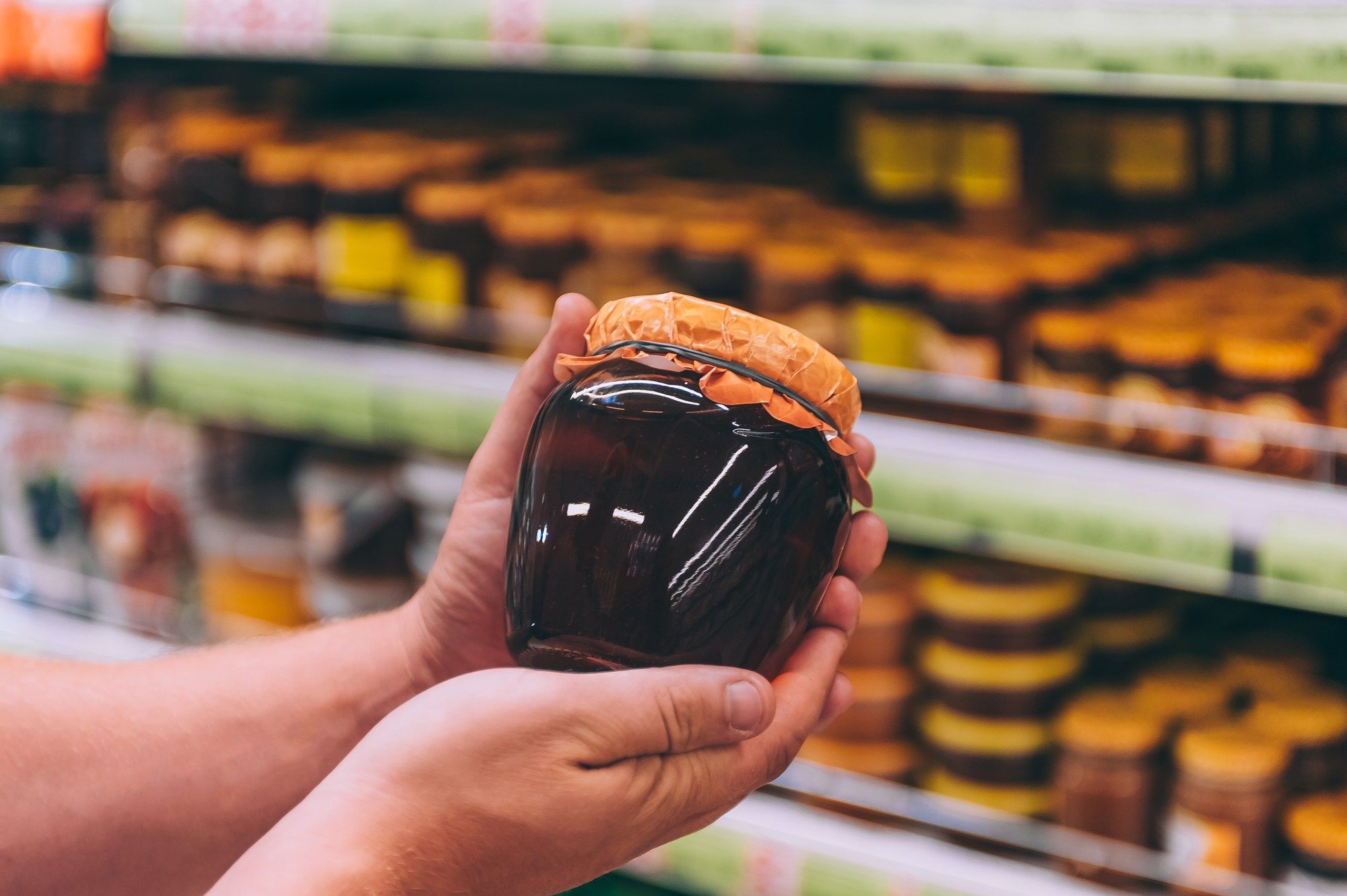
A number of US companies have been involved in a decades-long honey racket, flooding the market with fake honey and severely hurting domestic beekeepers and bees in the process, a new lawsuit alleges.
In a proposed nationwide class action lawsuit filed in California this week, plaintiffs Henry’s Bullfrog Bees, SAVE Golden Prairie Honey Farms, LLC, and Adee Honey Farms, allege honey importers, packers and certifiers participated in a worldwide conspiracy to defraud the US honey market by intentionally flooding it with fake honey.
The defendants include Sunland Trading Inc., Lamex Foods Inc., Barkman Honey LLC, Dutch Gold Honey, Inc., True Source Honey LLC, Intertek Testing Services NA Inc., and NSF International.
True Source Honey claims to be an industry watchdog in the US, says the class action, certifying domestic and international honey as ‘genuine,’ while the other defendants include some of the largest honey importers and packers in the country.
“For years, Defendants have participated in a worldwide conspiracy to defraud the United States honey market knowingly and intentionally by flooding it with fake honey that is adulterated, impure, or mislabeled, which True Source knowingly and intentionally falsely certifies as genuine,” the lawsuit states.
By running the honey racket, the companies have severely harmed the domestic market, and commercial beekeepers, bees, and consumers, the lawsuit alleges.
The beekeepers claim the conspiracy and fraudulent acts of the alleged racket effectively blocked them from selling their genuine honey in the marketplace, due to the fake honey suppressing value and undercutting their products.
“Adee is storing over 6 million pounds of honey it has been unable to sell because Defendants simply will not buy it. Nor are Defendants forced to buy Adee’s genuine honey when they can instead purchase fake honey that is True Source Certified,” the class action alleges.
Golden Prairie Honey Farms, Adee Honey Farms, and Henry’s Bullfrog Bees say they cannot break even and have had their products turned away from nearly every mass retailer in the United States, including Kroger, Walmart, Trader Joes, and Ralphs, which are unwilling to pay a fair price for genuine honey because “it is too high compared to Defendants’ fake honey.”
The plaintiffs, all commercial beekeepers in the US, allege the racket led to suppressed prices in the honey market, making it all but impossible for them to sell their honey, and they “have suffered lost sales, lost profits, and have effectively been blocked from selling their honey in the marketplace.”
Fake Honey Injected Into Market, Allege Bee Keepers
The popularity of honey has doubled in the U.S. since the 1990s, with annual sales hitting $8 billion and consumption sitting at 1.5 pounds per person, states the class action.
The rise in popularity comes alongside a rise in fake honey products – with honey now being the third most faked food, behind olive oil and milk. One expert recently estimated that as much as 50 percent of honey in the market is not genuine, the lawsuit states.
According to the lawsuit, the internationally accepted standard for genuine honey is the natural sweet substance produced by honey bees from plants or insects, which bees collect and transform…and leave in the honey comb to ripen and mature. Genuine honey “shall not have added to it any food ingredient, including food additives, nor any other additions than honey, the lawsuit says.
“The transformation of nectar into genuine honey is the result of thousands of years of evolution by bees to achieve a long-term provision of food for their own use when there is no nectar flow from the surroundings of the colony.”
Over the last several years, due to climate change, natural disasters, neonicotinoids, pesticides, mites, colony collapse disorder, and other factors, global honey production has been steadily decreasing, the lawsuit explains. Although the number of hives has remained stable, yield has decreased, but somehow honey exports and imports have increased over the same period of time.
While the ten largest honey exporting countries in the Americas have increased imports by just 6.5 percent, countries in Asia, the Middle East, and Eastern Europe have increased imports by 95.8 percent, the lawsuit states.
“The increased production of honey abroad is not due to an increase in the number of hives. Rather, these countries have flooded the market with low-priced and low quality products exported under the name of ‘honey’ that are not, in fact, genuine honey.”
Regulators Ignore Flow of Fake Honey
According to the class action, a lot of the honey coming from those countries is adulterated with added sugars to make a thick, sticky fake honey product, and it has been easy to get it into the U.S. due to a lack of government oversight.
Due to this lack of oversight, True Source Honey was launched in the U.S. in 2010 by honey packers and importers who wanted to protect the national honey market from fake honey and its effects. True Source Honey certifies honey products as being “100% pure, genuine honey,” the lawsuit states.
True Source Honey started a certification process, “designed to certify the origin, food safety and purity of the honey being distributed and consumed within North America,” the lawsuit states, that was open to exporters, importers and packers. Certification involves random testing, evaluating traceability, and confirming the honey has not been altered, amongst other criteria.
However, the lawsuit alleges True Source Honey has allowed importers and packers “to misrepresent the authenticity of their honey products, and has allowed them to use the True Source Certified Seal to mislead businesses and consumers into believing their honey is genuine, when it is not.”
“True Source’s knowledge of the ongoing fraud in the honey industry is summed up by Gordon Marks himself: ‘While most honey comes from high-quality, legal sources, adulterated honey and illegally sourced honey remains a global issue that undercuts fair market prices and damages honey’s reputation for quality and safety,’” the lawsuit says.
“The Importer Defendants knowingly, intentionally, and repeatedly conspired with True Source and the Packer Defendants to introduce fake honey into the United States’ honey market.”
The plaintiffs are seeking to represent commercial beekeepers in the U.S. that produced or sold honey nationally in the past four years. They are suing for violations and conspiracy to violate the Racketeer Influenced and Corrupt Organizations Act, violations of the Sherman Antitrust Act, California Cartwright Act and Unfair Competition Law, and unjust enrichment.
The plaintiffs are seeking certification of the Class, declaration of wrongdoing, damages, interest, legal fees, and a jury trial.
Have you bought honey with the True Source Honey certification? Let us know in the comments section!
The lead plaintiffs are represented by Gillian L. Wade of Milstein Jackson Fairchild & Wade, LLP, Michael R. Reese of Reese LLP, and Jack Fitzgerald of The Law Office Of Jack Fitzgerald.
The Fake Honey Conspiracy Class Action Lawsuit is Henry’s Bullfrog Bees, et al. v. Sunland Trading, Inc., et al., Case No. 2:21-at-00296, in the U.S. District Court Eastern District of California.
Read About More Class Action Lawsuits & Class Action Settlements:







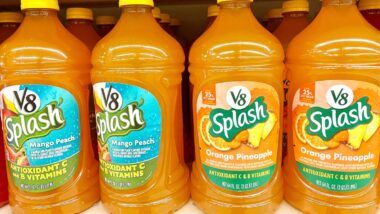

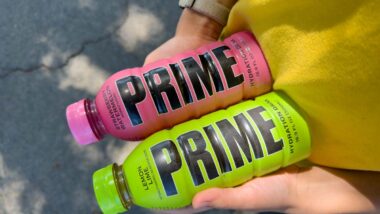
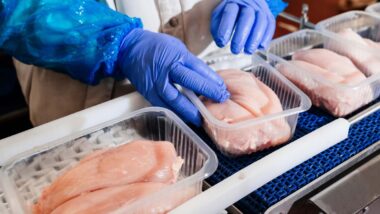

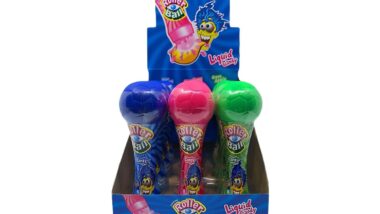
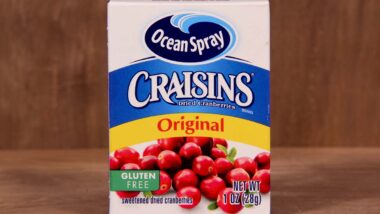
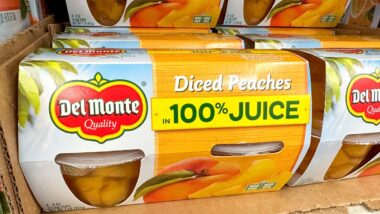
213 thoughts onUS Market Flooded With Fake Honey, Claim Bee Keepers
Add me
Add me
Add me please
Add me
Add me